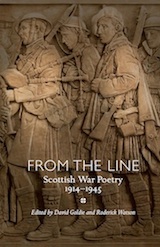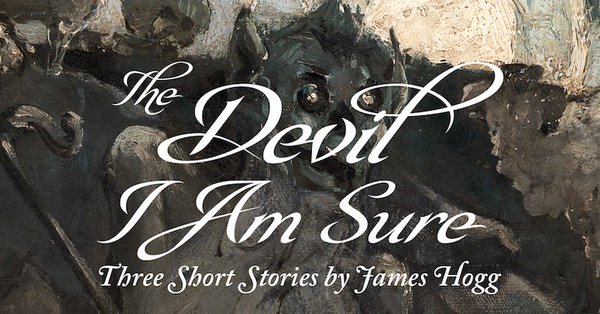The National Writing Project UK launch on the 11th of October saw the inaugural meeting of the first NWP group in Scotland. Emily Gillies, NQT English at Springburn Academy, reports on the event. Inquiries about NWP Glasgow can be directed to Lisa Hamilton at gw17hamiltonlisa@glow.ea.glasgow.sch.uk . Lisa has written about NWP on here own blog, here .
On Wednesday, October 11th I had the pleasure of attending a National Writing Project UK event at Springburn Academy. The event was a launch for not only the first National Writing Project group in Glasgow but indeed the first in Scotland, and was an exciting opportunity to learn a little bit more about what the National Writing Project does, as well as learning about some practical approaches to teaching creative writing in the classroom. The event was well-attended by a mix of both primary and secondary teachers, and offered opportunities to share good practice and to discuss and reflect upon what we had learned.
Simon Wrigley, one of the co-founders of the National Writing Project UK, opened the workshop by explaining the philosophy behind the project and stressing the importance of creative writing, for both pupils and teachers. We were then asked to think about our own experiences and memories of writing, and encouraged to share these with the other members at our group, which opened up interesting conversations about the emotions associated with writing. We reflected on how these experiences – positive or negative – have influenced our adult relationships with writing, thus highlighting the importance of allowing children to have opportunities to write creatively in an encouraging, positive environment.
We then engaged in a free writing activity, in which we wrote about one of our memories or experiences for five minutes, without stopping to plan, review or edit our writing. These five minutes flew by and afterwards, we were once again encouraged to discuss and reflect upon the activity, with many in my own group describing the experience as “freeing” and “cathartic”. I very much enjoyed this writing technique as it forced me to write without worrying too much about whether it was “good enough”, which I believe is one reason I myself am hesitant to even begin writing in the first place. Many of us found that, once we had started writing, the ideas flowed very easily and the most difficult thing about it was writing quickly enough to get everything down on the page within the allotted time! We were not forced to share our work but simply to read back on it and reflect on the experience of writing itself.
Almost the instant we started reflecting on the free writing activity, I could see how it would be a useful activity to use in class. I have a National 5 class who are very reluctant to begin writing their Personal Writing pieces for their Folio, for numerous reasons, including not knowing where to start when it comes to writing about a personal experience. However, I feel like an activity such as this, where pupils and teachers are all engaged in the writing process together, where there is no pressure on creating the “perfect” piece of work, and where pupils are not forced to share their writing unless they absolutely feel comfortable doing so, is the ideal jumping off point. I will certainly be using this with my National 5 class and have plans to use it as a starter activity in BGE classes as well.



 The day started with Scottish war poetry presented by David Goldie and Rory Watson talking about a new collection edited for the ASLS,
The day started with Scottish war poetry presented by David Goldie and Rory Watson talking about a new collection edited for the ASLS, 